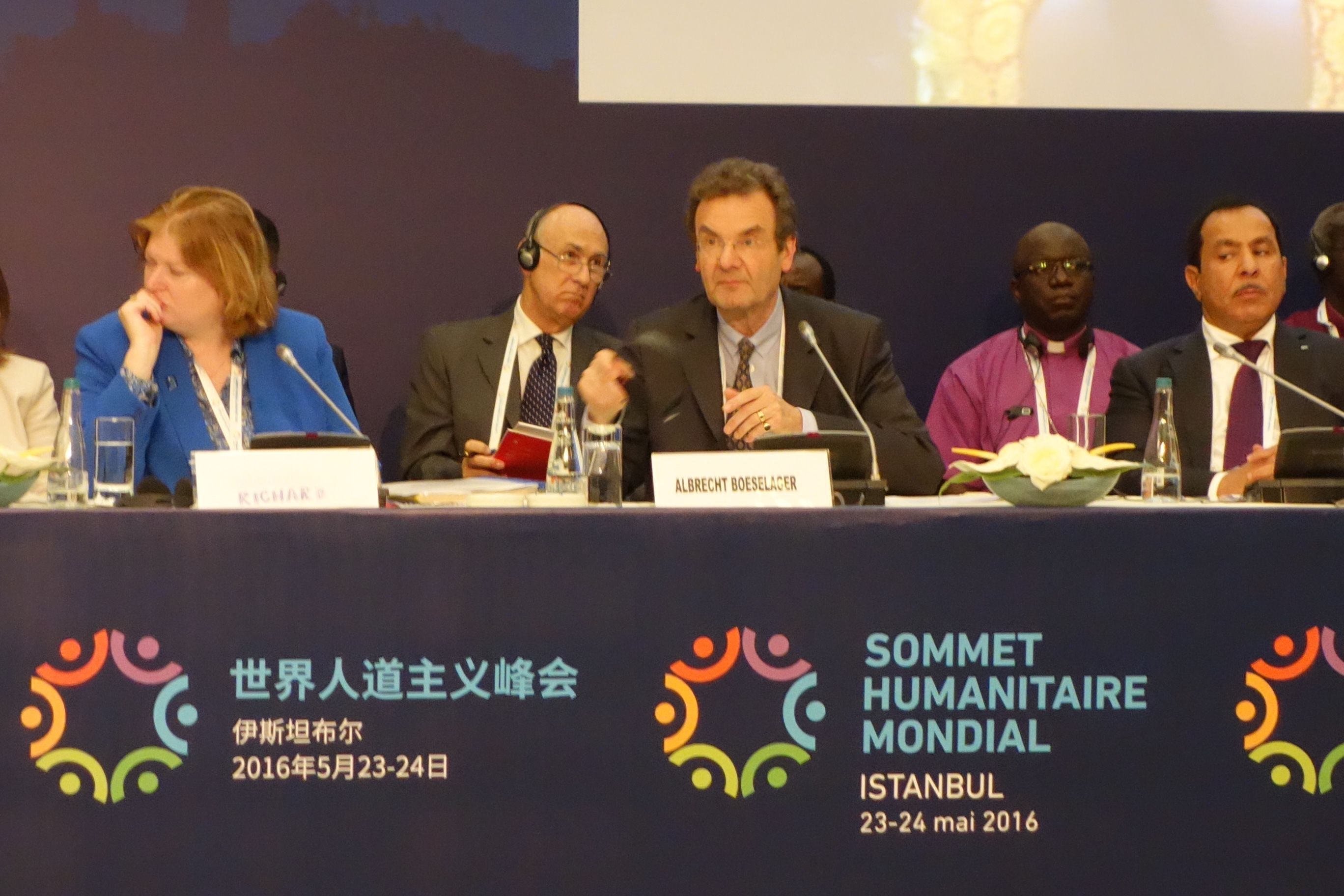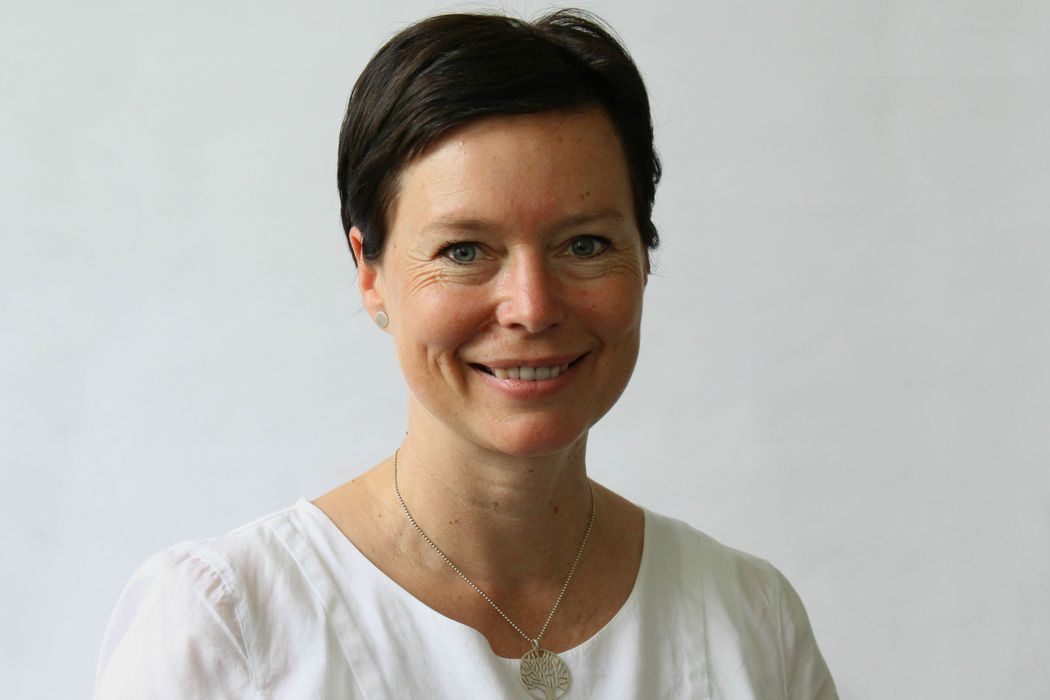Malteser International has subscribed to 58 of around 250 voluntary Commitments proposed by the World Humanitarian Summit (WHS), undertaking, amongst other things, to work towards a stronger role for local and national humanitarian actors, stronger early warning mechanisms, and more inclusivity for persons with disabilities. The WHS, which took place in Istanbul on 23 and 24 May, attended by both Malteser International and the Order of Malta, was the first of its kind, and designed to be as inclusive as possible. Unlike previous summits, it included a wide range of non-governmental participants, and it did not end with a final document signed by UN member states. Alongside the Summit’s Grand Bargain, which made wide-ranging pledges to improve the efficiency of aid delivery, the Commitments were the major tangible results of the Summit.
“At the moment, most organizations are cautiously optimistic. At the very least, the Summit has given a substantial energy boost to a humanitarian system that is definitely under severe strain,” said Sid Johann Peruvemba, Vice Secretary General, who led Malteser International’s Summit delegation. “Although the Summit itself is over, the wider summit process that began three years ago will continue. The WHS delivered some great ideas that now need to be implemented. In terms of progress, we are at Everest base camp. This is a starting point, not an end.”
This implementation process is set to be a challenging task, and concerns were already raised at the summit regarding perceived imbalances in the distribution of suggested reforms amongst humanitarian institutions, and the decision of several major actors not to participate at the meeting. “At the moment, there is no plan for implementing or monitoring the process of the Summit Commitments, or the Grand Bargain,” said Peruvemba. “That means that it is up to institutions in the humanitarian community to step up and take a leadership role. In the future, we will be cooperating with the Order of Malta to use the momentum of the Summit process to take a lead in shaping a role for faith-based organizations in underpinning core humanitarian principles. The Summit has given us a great chance to work towards a range of improvements in humanitarian action, and now it is up to us to make the most of it.”










